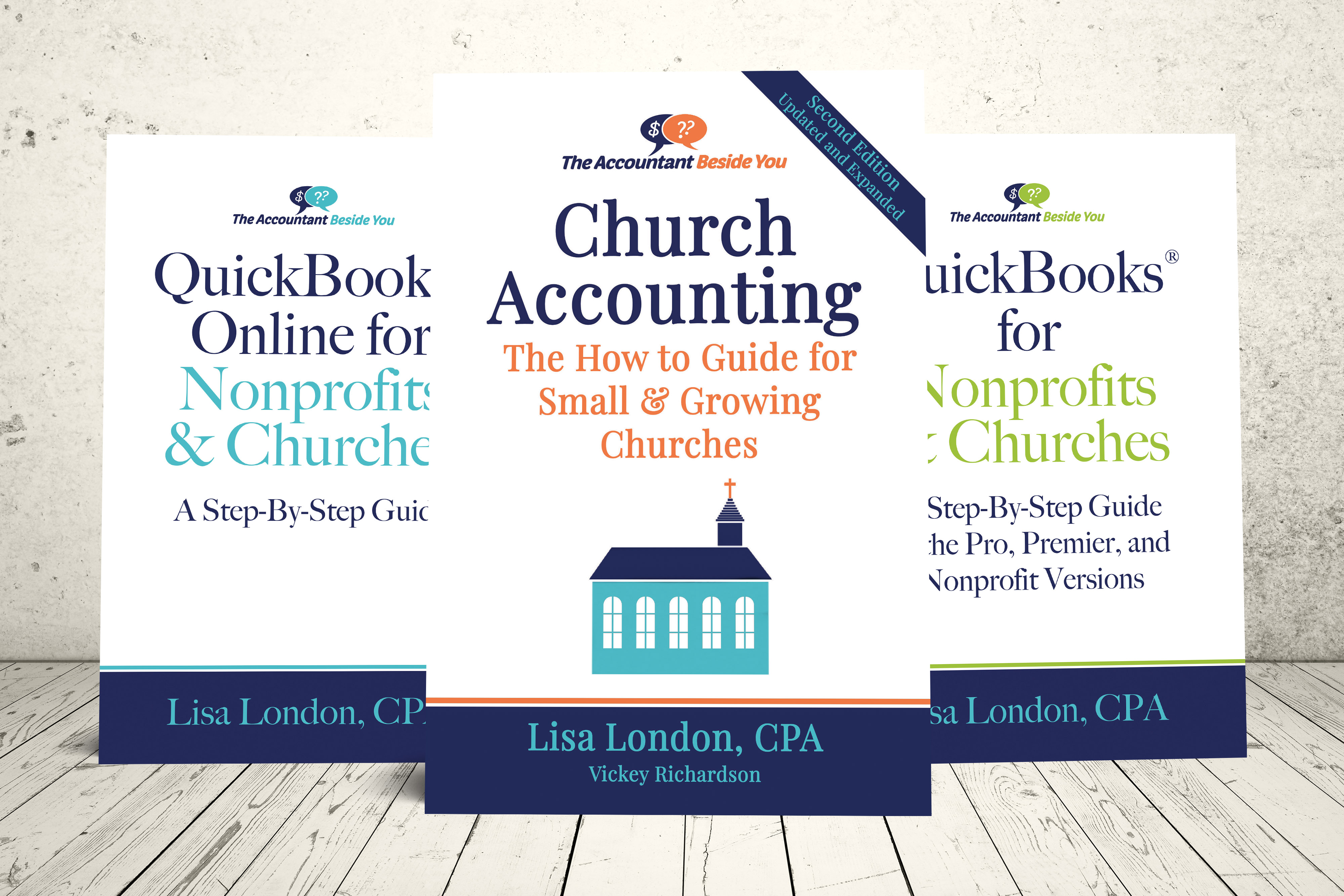Risk of Church Losing Tax Exempt Status?
by Phil Collins
(Houston, Texas)
Many years ago, I kept the accounting records (books) for about 25 small businesses, each one with a very different product or service.
A clear reality that I learned from that experience and have never forgotten was the number one risk of failure for a business, large or small. Some may say poor decisions regarding financing, or overextending the business and other reasons can cause a business to fail.
These and other reasons are valid. But I still maintain, especially after having worked 38 years in the accounting profession, that the highest risk is the absence of approved written internal controls. Why do most audit programs have review of internal controls as the first step?
Now in my part time position as the bookkeeper for a local church, I am again seeing the matter of internal controls being at the center of not so much the failure of the church like a business would fail, but the risk of losing their tax exempt status.
Very much like the owners of the small business which I serviced, the people in the church are good people and I am convinced have no intent of knowingly doing something to lose their tax exempt status.
The church has a number of designated funds that are reported on the balance sheet. A number of the funds represent small groups or Sunday school classes. The church receives contributions that are designated to the small groups or funds and over time the balance in these accounts can grow to large amounts.
Recently a check request was received from one of these small groups to withdraw $3,000 from "their" fund. The check was to be made out to the name of the small group which is the same name of the fund listed on the balance sheet.
Not until after the check request was approved did I begin to have concerns and questions. The basis of my first concern was that the contributions made by the individuals that makes up the $3,000 was done so with the intent to take a tax deduction on their income tax return since their contribution was being made to a 501(c) (3) non-profit organization, a church but now those funds were being moved to an entity outside the church.
After the funds are moved out of the churches bank account, the church no longer has control over how the funds will be spent. How do internal controls fit this situation? If the church has written approved policies and procedures that addresses and explains this transfer, steps for oversight and follow-up and audit, there may be a basis to make the transfer. But no written approved policies and procedures exist.
My second concern was how did the small group endorse the check? When the check cleared the bank, I got a copy of the front and back of the check from the bank website and my concerns deepened.
Included in the endorsement was not only the name of the small group but the name of the church was part of their endorsement, in other words, the small group was holding themselves out not only as a group of people commonly bound but connected to the church.
How do internal controls fit this situation? To-date I am not aware nor found that the church has any written approved policies and procedures for opening bank accounts by the church or small groups in the name of the church.
My recent experience with opening new business accounts with banks, regardless for profit or not for profit organizations, is very involved. So how and on what basis did the bank open the account for this small group without officially contacting the church and requesting official signatures from the church treasurer and other church officials?
Where is the risk in losing tax exempt status?
Not maintaining necessary internal controls, protection (safe keeping) of contributions and controls of oversight of disbursements of contributions, resulting in tax deductible contributions ending up in an entity that is not tax exempt.
As stated earlier, I don’t believe any of the individuals in the small groups purposefully intend to violate any principal or law by their request for the funds to be transferred to their account.
What is, however, very clear is the appearance of wrong doing. To an outsider, whoever that person may be, this is a picture of the "old shell game".
Contributions are funneled into an exempt organization for tax deduction purposes and then moved out at a later date for purposes other than the mission of the not for profit organization, in other words tax fraud.
If the decision were mine to make about these matters, I would first ask the question, why is it necessary to move the money outside the church when the church has all the means (accounting system, etc.) to receive and disburse the funds?
Regardless of the answer, I would require all small group bank accounts to be closed and monies returned to the church. Why would I do this regardless of the answer, because there is not an acceptable answer to move money outside of the charitable organization who received the contributions in the first place.
Know the answer? Face the same situation? Please post your answer or comment by using the "comment" link below. Thank you!



